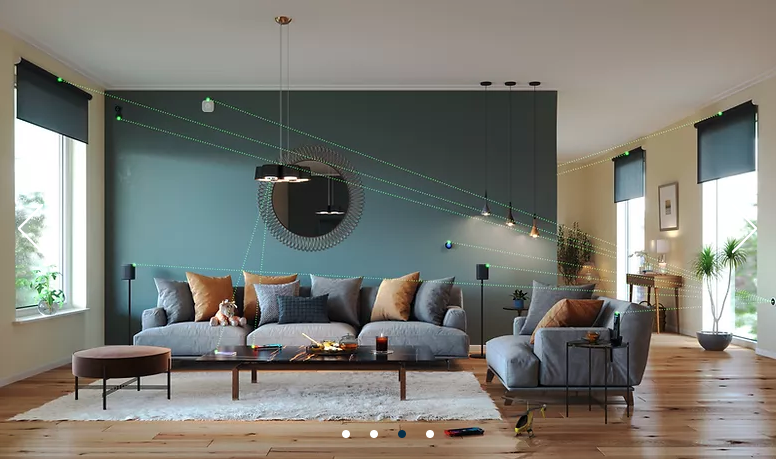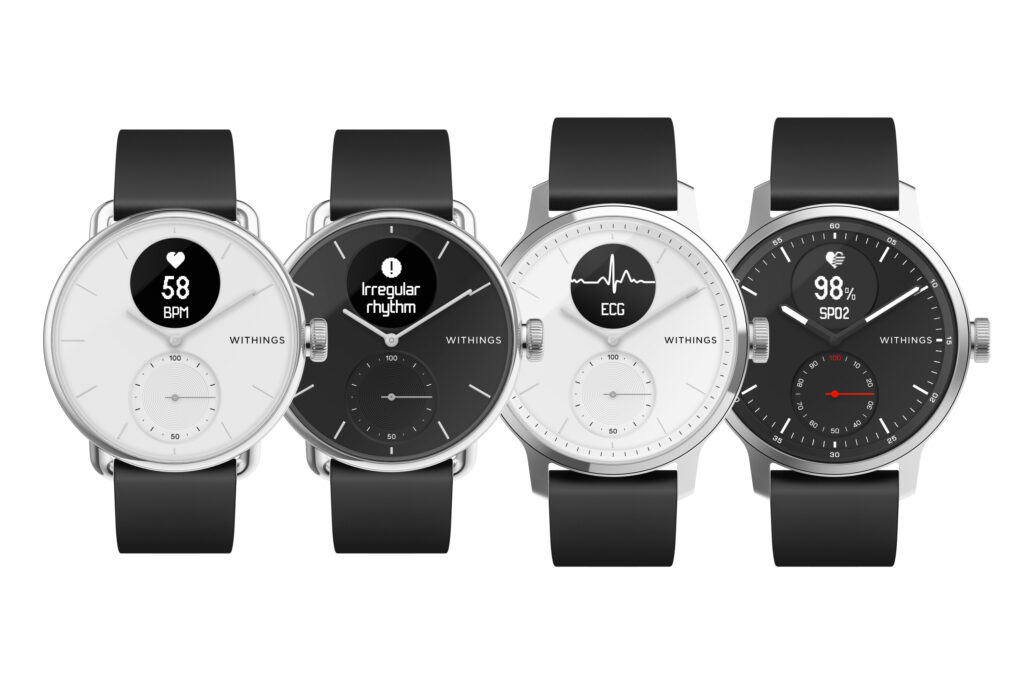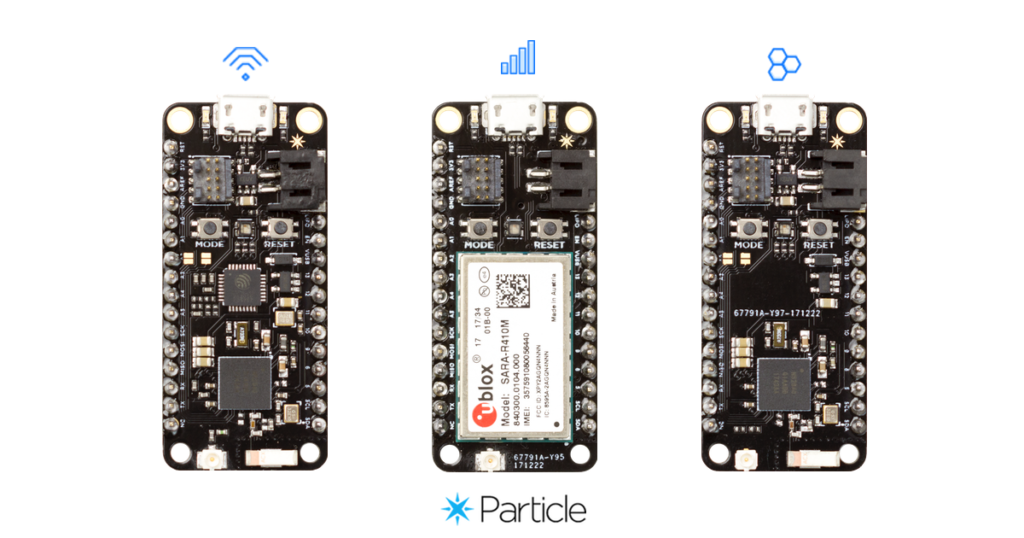This week’s show starts off with our take on Belkin deciding to hold off on releasing Matter products, and an update on Matter plans from other vendors including Wyze and Yale. We also talk about Nanoleaf’s new Matter-compatible Essentials bulbs and lights strips. We try to explain why Matter is still frustrating to use and wonder where all the other gear is. Then we discuss Google killing both Glass and its Jacquard touch-sensitive fabric interface. Samsung has a new ultra-wideband chip called the U100 and we talk about where that might be used. In LPWAN news, Unabiz has a new partnership, and in smart home news, Wyze has a new lock. Finally, we answer a listener question about light switches that don’t require a neutral wire. There are a lot more options than there used to be!

Our guest this week is Svein-Egil Nielsen, the CTO of Nordic Semiconductor. We talk about the DECT-NR standard for massive IoT, defining both the standard and what we mean when we talk about massive IoT. We also cover use cases for energy harvesting technology and Nielsen gets cagey about Nordic’s plans for energy harvesting technology in Nordic chips. We end with a conversation about TinyML and how Nordic is planning to make its modules ML-ready for developers. It is a fun interview.
Hosts: Stacey Higginbotham and Kevin Tofel
Guest: Svein-Egil Nielsen, the CTO of Nordic Semiconductor
Sponsors: InfluxData and Silicon Labs
- Yes, Matter will commodify smart plugs … and locks
- AR in the enterprise is still a hard sell
- Let’s build an ultra-wideband standard please?
- Massive IoT may owe a debt to old cordless phones
- Wi-Fi 6 will trickle down to IoT devices
Podcast: Play in new window | Download | Embed
Subscribe: RSS




